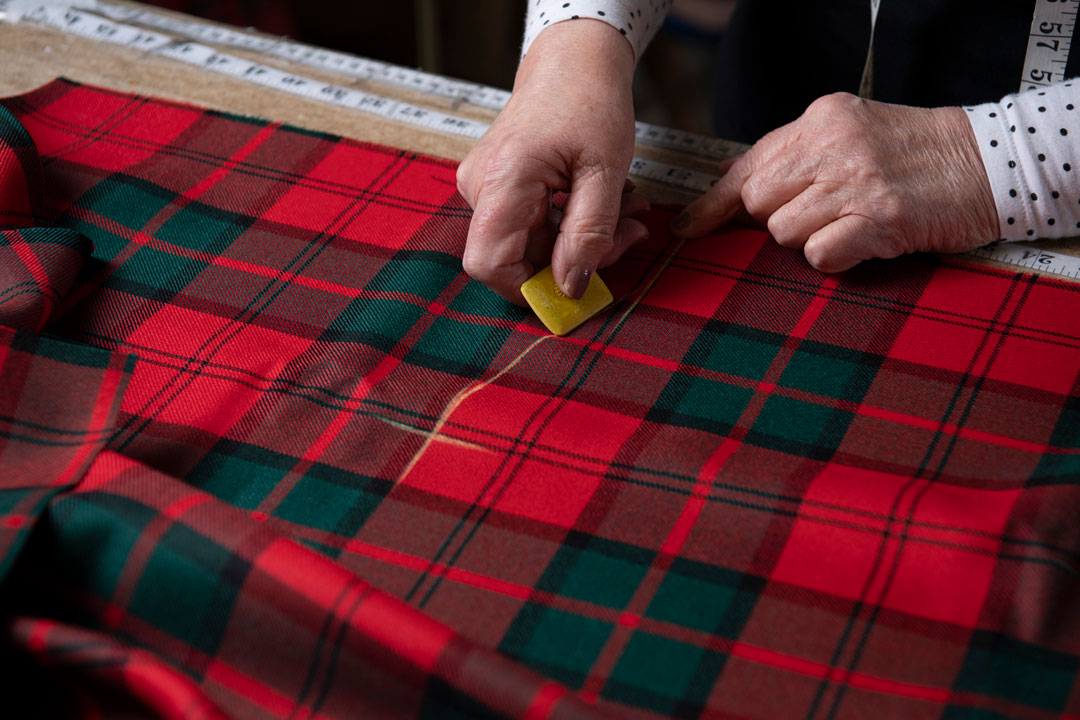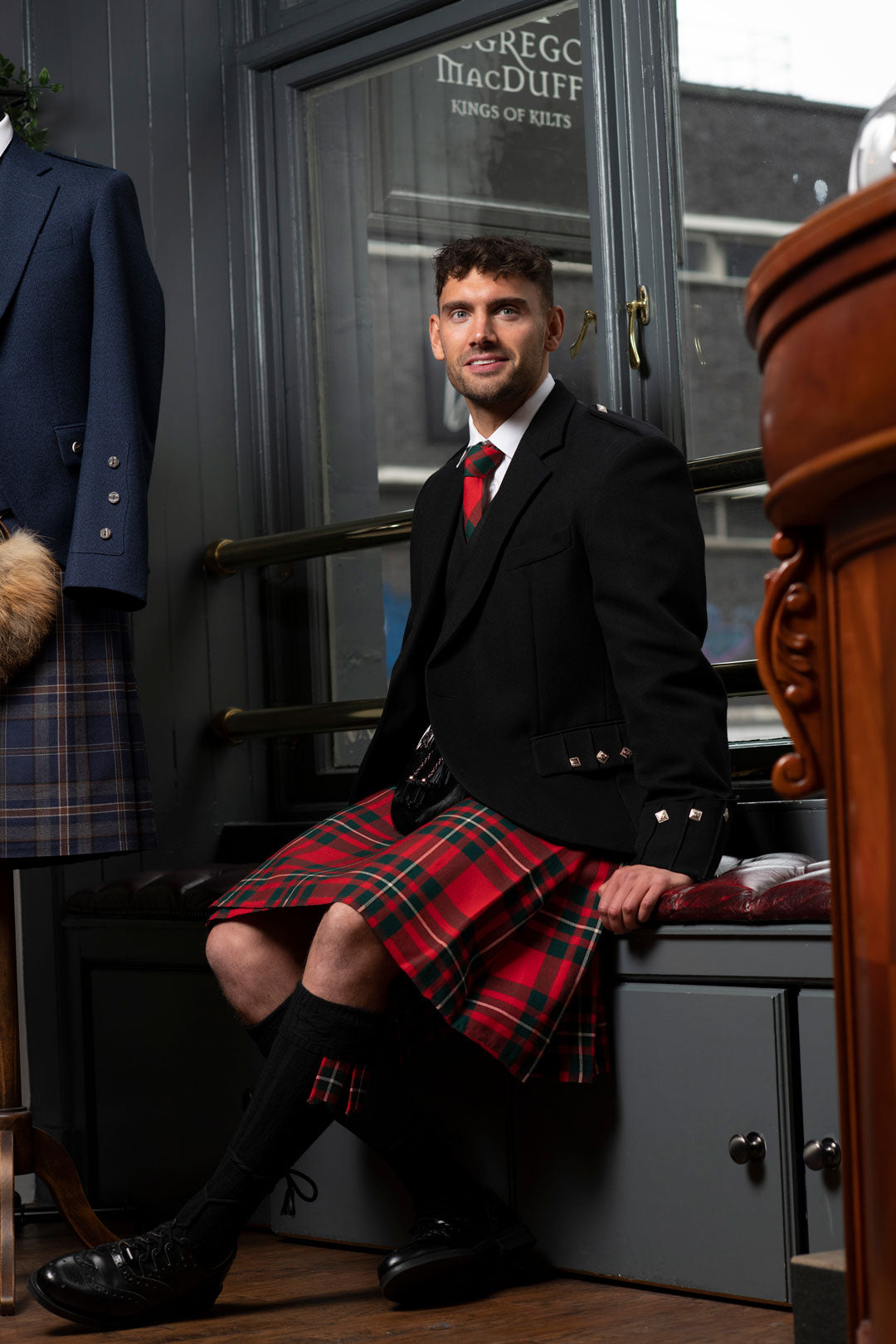‘Some hae meat an canna eat, And some wad eat that want it; But we hae meat, and we can eat, And sae the Lord be thankit.’ Anyone who has attended a Burns Supper and even some of those who haven’t will recognise this famous prayer. It’s called the Selkirk Grace and is most commonly heard at Burns Suppers before the meal is enjoyed. Most people think this prayer was written by Robert Burns as he was documented delivering it at a dinner party, held by the Earl of Selkirk in 1794. However, the prayer would have been almost a century old at the time Burns recited it and it was originally called the Galloway Grace or the Covenanters’ Grace. As Burns was a popular man and this prayer was less well known, it’s not surprising that people thought he had written it. Even over 200 years after his death, Robert Burns is still a popular figure, especially in Scotland. Each year on the 25th of January, his birthday, people all over the world come together to enjoy haggis, whisky, poetry and highlandwear, as well as to celebrate Scotland's favourite son.
 Who was Robert Burns?
Who was Robert Burns?
Robert or Rabbie Burns was born in 1759 Alloway, not too far from our store in Prestwick and died in 1796. During his life, he created hundreds of poems, songs and letters, many of which became very popular during his life and continued to be popular long after his death. Auld Lang Syne is arguably his more famous work. Although it’s said that he wrote it with a different melody in mind, Auld Lang Syne is played all over the world just after the New Year's Eve bells. He also wrote Tam o’ Shanter, To a Mouse and many more famous pieces of literature. His work was popular because it celebrated love, friendship, work and drink, written in an often funny and tender tone. Even after 200 years had passed since his demise, people like Bob Dylan and John Steinbeck are said to have been inspired by Rabbie’s work.
 What is a Burns Supper?
What is a Burns Supper?
In 1801, on the fifth anniversary of his death, a group of Burns’ close friends decided to host a dinner at Burns Cottage in Alloway to celebrate his life and work. The night was filled with performances of his work and speeches dedicated to him, all of which was enjoyed while drinking whisky and eating haggis. That first night was such a success that the same group of friends decided to do it the next year, making it an annual occasion. Today, a Burns Supper follows the same theme as it did all those centuries ago. Everyone dresses in their finest kilt outfit, usually a Prince Charlie outfit, speeches and poems are heard and haggis, as well as whisky, is enjoyed. It’s one of Scotland's more formal occasions but also one of its most fun and should be enjoyed by everyone at least once in their lifetime.
 Why do Scots celebrate Burns Night?
Why do Scots celebrate Burns Night?
While Burns night is a celebration of Scotland's national bard, it’s also a celebration of culture, heritage and Scotland. Scots are also notorious for two things, being patriotic and agreeable to a few whiskies, the perfect combination of traits for a Burns night guest. Burns night also falls on the 25th of January which is a notoriously gloomy time of year in Scotland. It gives people something to look forward to after the festivities of Christmas and Hogmanay are over. Many will attend an organised Burns night event but some Scots tend to celebrate the day in a simpler way. Whether it be haggis supper from the chippie, a dram before bed or even just wearing a tartan tie to work, many people in Scotland will recognise the day in some way or another. If you are one of the lucky ones going to a traditional Burns Supper in 2023, have you organised your outfit yet? Remember, a Burns Supper is formal, so you should try and wear a traditional kilt outfit. A Prince Charlie or Argyll jacket are your best choice. If you don't have anything to wear yet, feel free to get in touch with us and we can make sure you look your best for the night.


